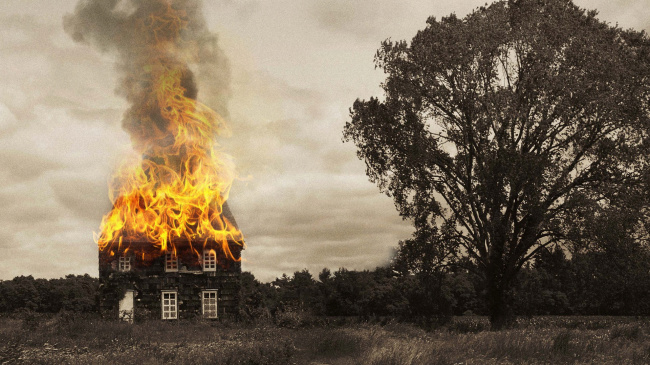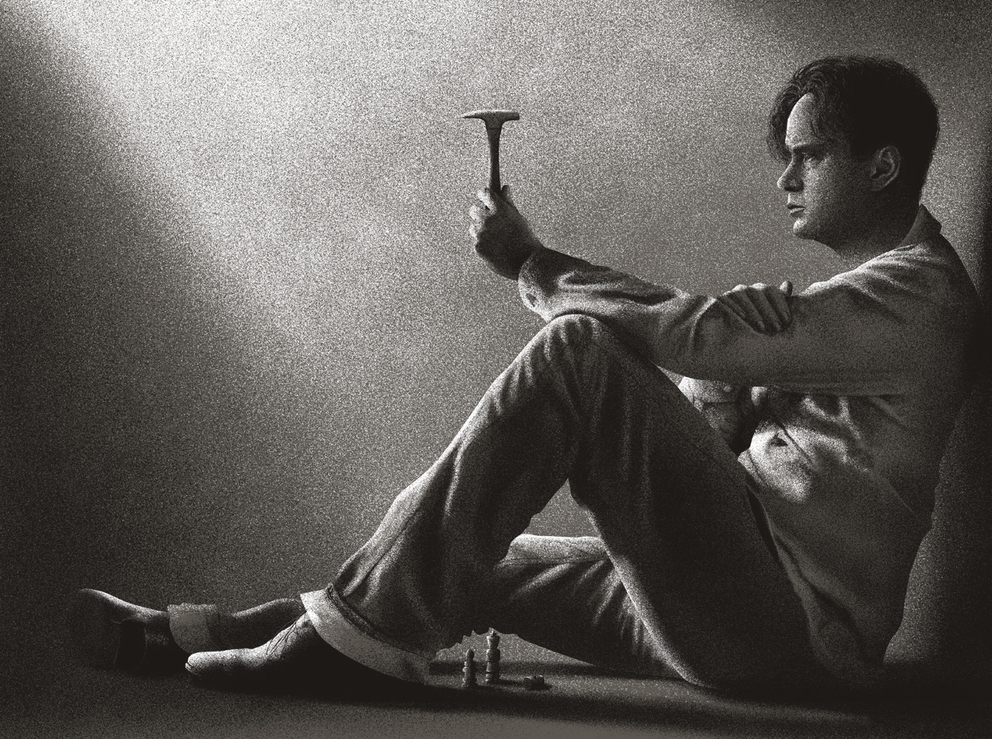"The road to hell is paved with works in progress" - Philip Roth (author of the novel American Pastoral) In the useful, necessary and altogether edifying process of receiving notes on your first draft, there comes a point where you say, "Pass the lighter fluid, because this thing is going on the BBQ." Just to clarify, you don't need lighter fluid to burn the script. Paper is famously flammable. The lighter fluid is to toast your work as you watch it burn.
The next morning, you wake up to the realisation that the notes weren't that bad and that maybe there is still something there for you to work with. After a moment's panic you also remember that you have a computer and that it still has the script on it! Great! Now it's time to take a step back and consider what drew you to this particular story in the first place. What moods and feelings will carry us through a scene. How the characters will grow and change in more meaningful ways with each draft. And you think, "God dammit. I wish I hadn't finished all the lighter fluid."
2 Comments
"Write with the door closed. Rewrite with the door open." - Stephen King We're back after a long summer's writing with revised first drafts. The rewriting process, after receiving several sets of notes, started to gain focus and momentum in the last few weeks before delivery and I ended up reworking many of the major beats and most of the dialogue. I think it's better than the first draft... Probably... But who can say?
The first session of the autumn term was a round table crit, where mentors swapped mentees and read their scripts for the first time, providing extensive feedback in a group setting. Filmmakers read one another's scripts too, so the debate could be opened up to the floor, but with so many scripts to get through it didn't allow for much detail. In the next week or so we'll be forming a more solid game plan for the development of the second draft that's due at the end of November. On Wednesday we met the influx of new filmmakers for the Autumn term, who all have action movie character-worthy names like Laila Leghari and Nate Bryon. I paired up with Jon Champion (see?) and we singled out our protagonist's most painful moment. We were then asked to describe it to one another, and then to go away and write the other person's scene with no dialogue. We then read each other's interpretations of our scenes and then rewrote our own scenes without dialogue. Got it? Good. Rewriting key scenes without using dialogue has been something I have been planning to do, and this exercise only confirmed how useful it is to free yourself from the constraints of conversation to look at how a story can be told visually and though sound. The annoying thing is that rewriting someone else's scene is so much easier and more fun than rewriting your own... But this is a technique I'm going to employ for further scenes as it prompted the development of a much more atmospheric ending to the film. |
STORYTELLING FOR THE SCREENA blog about The Screen Arts Institute's 'Storytelling for the Screen' course, taught by Stephen May and supported by the BFI. Archives
December 2016
Categories |
|
© 2024 Ruth Sewell. All Rights Reserved.
|


 RSS Feed
RSS Feed